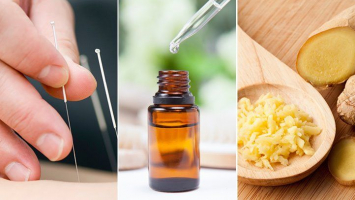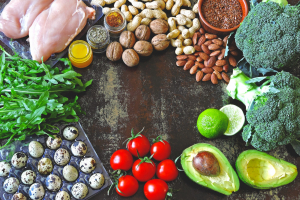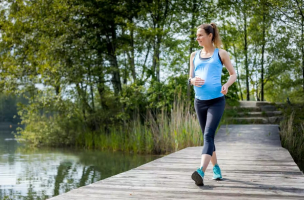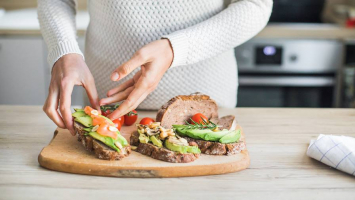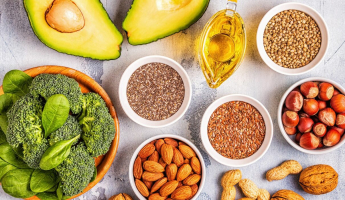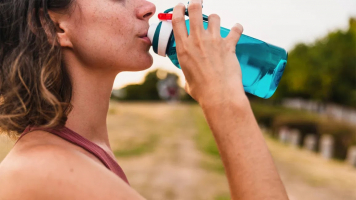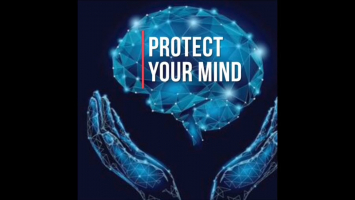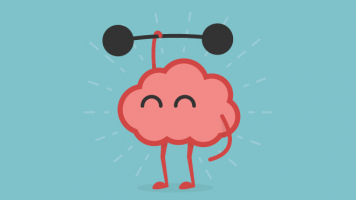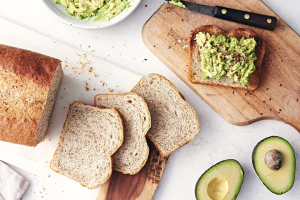Top 10 Natural Ways to Build Healthy Bones
It's crucial to develop strong bones. During childhood, adolescence, and the early stages of adulthood, minerals are incorporated into your bones. You have ... read more...reached your peak bone mass when you are 30 years old. You are more likely to acquire weak, easily broken bones if insufficient bone mass is developed during this period or if the bone loss occurs later in life. Fortunately, there are a number of dietary and lifestyle choices that can help you develop strong bones and maintain them as you age. Here are some natural strategies to strengthen your bones.
-
Veggies are excellent for your bones. One of the best sources of vitamin C, which promotes the production of bone-forming cells. The antioxidant properties of vitamin C may also shield bone cells from harm, according to some research.
Vegetables also appear to improve bone density, often known as bone mineral density. A measurement of the amount of calcium and other minerals in your bones is called bone density. Poor bone density is a feature of both osteopenias, which refers to low bone mass, and osteoporosis, which refers to fragile bones. Increased bone mineralization throughout childhood and the preservation of bone mass in young adults have both been linked to high consumption of green and yellow vegetables. It has also been discovered that elderly women who eat more vegetables are healthier. According to a study of women over 50, those who ate onions frequently had a 20% lower risk of osteoporosis than those who ate them infrequently.
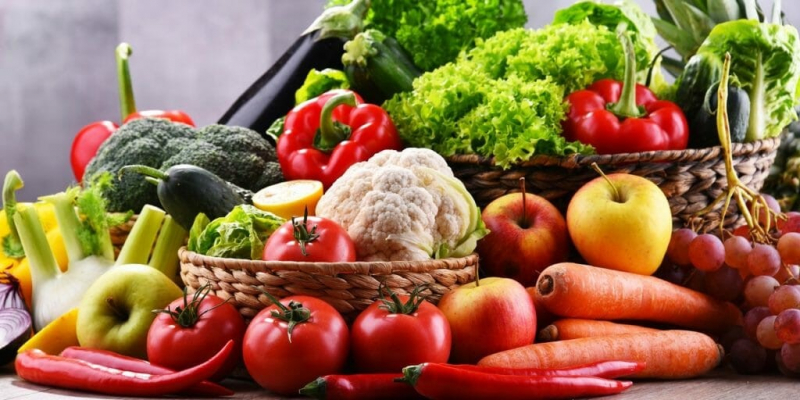
Eat Lots of Vegetables 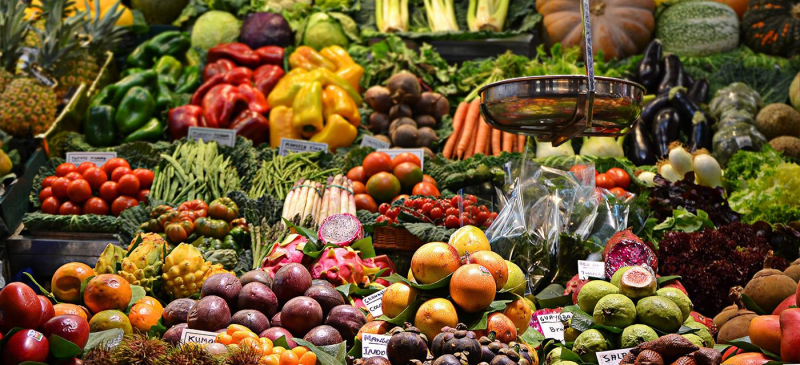
Eat Lots of Vegetables -
Specific exercises can help with the growth and maintenance of strong bones. Weight-bearing or high-impact exercise is one of the best types of activity for bone health because it encourages the growth of new bone.
This kind of activity improves the quantity of bone created during the years of peak bone growth, according to studies on kids. Additionally, it can be quite helpful for older adults in preventing bone loss. Increases in bone mineral density, bone strength, and bone size were observed in studies of older men and women who engaged in weight-bearing exercise, as well as decreases in markers of bone turnover and inflammation. Both younger and older women, including those with osteoporosis, osteopenia, or breast cancer, may benefit from this protection against bone loss. In one study of men with low bone mass, weight-bearing exercise and resistance training both increased bone density in various parts of the body, but only resistance training had the same impact on the hip.
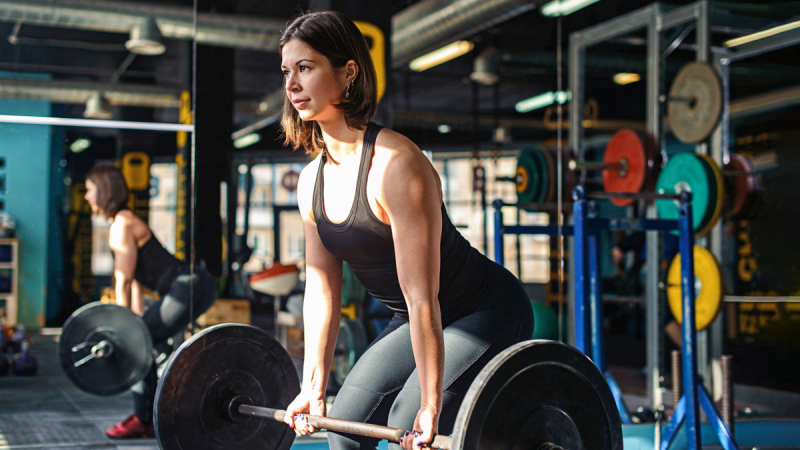
Perform Strength Training and Weight-Bearing Exercises 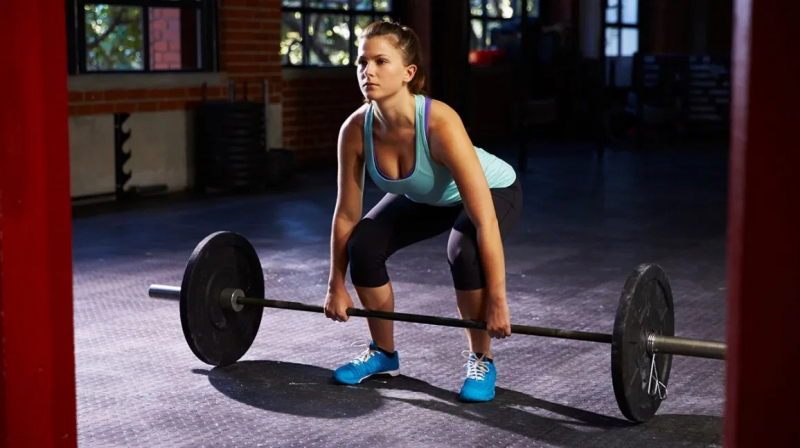
Perform Strength Training and Weight-Bearing Exercises -
Bone health depends on getting enough protein. In fact, protein makes up around 50% of bone. According to studies, eating too little protein lowers the body's ability to absorb calcium and may also affect rates of bone formation and breakdown.
However, concerns have also been raised that high-protein diets leach calcium from bones in order to counteract increased acidity in the blood. However, studies have shown that, as long as this is balanced with a lot of plant foods and enough calcium consumption, this doesn't happen in those who consume up to 100 grams of protein daily. Higher protein consumption was associated with a decreased risk of forearm fractures and considerably higher bone density in the hip, spine, and entire body in a large, six-year observational trial involving over 144,000 postmenopausal women. Furthermore, eating more protein-rich foods may help you maintain your bone mass while losing weight.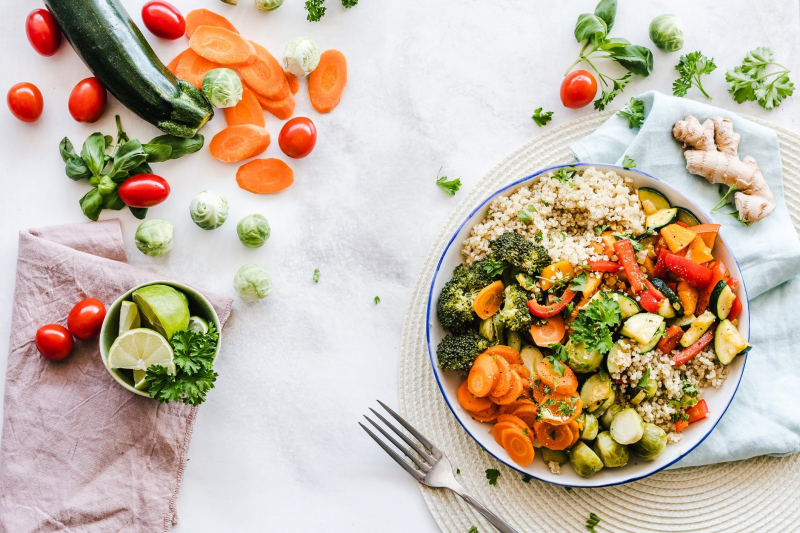
Consume Enough Protein 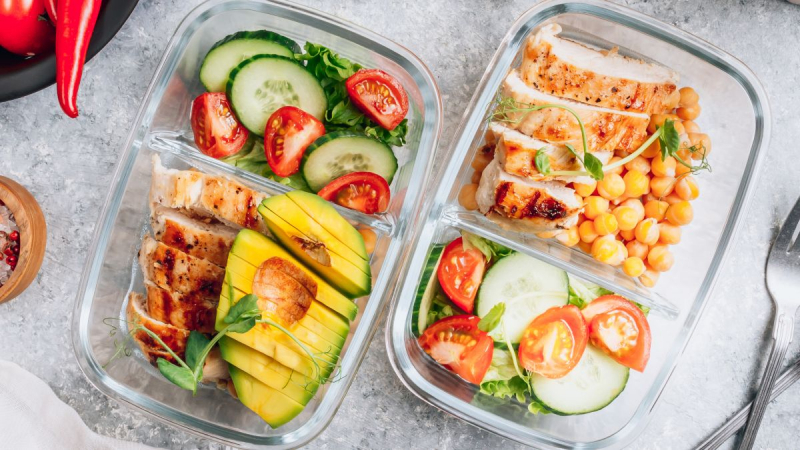
Consume Enough Protein -
The mineral calcium, which makes up the majority of your bones, is the most crucial for bone health. In order to maintain bone structure and strength, calcium needs to be consumed on a daily basis. This is because old bone cells are continually being broken down and replaced by new ones.
The recommended daily intake (RDI) for calcium is 1,000 mg, although older women and teens need 1,200 mg. The quantity of calcium that your body really absorbs can differ significantly, though. It's interesting to note that if you eat a meal containing more than 500 mg of calcium, your body will absorb much less of it than if you consume a lower amount. It is therefore recommended to spread out your calcium intake throughout the day by consuming foods that are high in calcium at each meal. The best way to get calcium is through diet, not pills. According to one recent 10-year research of 1,567 people, those who took calcium supplements had a 22% higher chance of developing heart disease, even if increased calcium consumption from diet decreased overall heart disease risk.
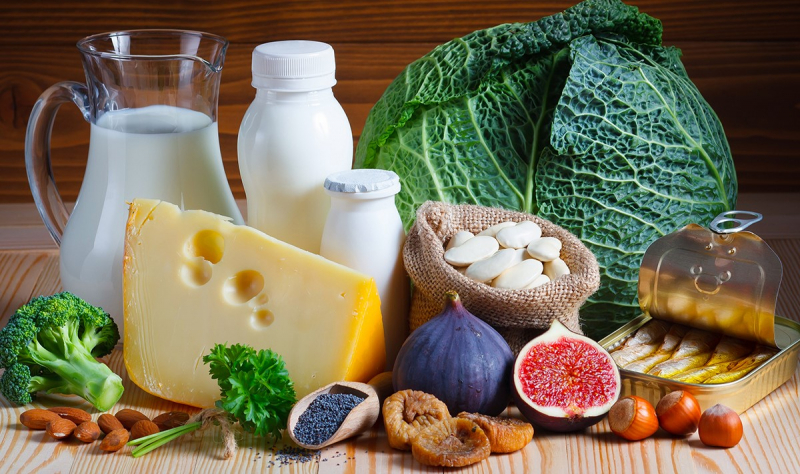
Eat High-Calcium Foods Throughout the Day 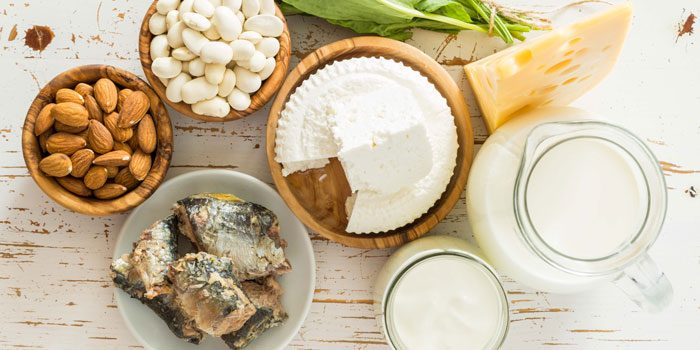
Eat High-Calcium Foods Throughout the Day -
For the development of strong bones, vitamins D and K are crucial. In in addition to helping calcium absorption, vitamin D has various effects on bone health. To protect against osteopenia, osteoporosis, and other bone problems, it is advised to maintain a blood level of at least 30 ng/ml (75 nmol/l). Indeed, studies have shown that people who get enough vitamin D tend to have higher bone density, whereas those who don't are likely to lose more bone. Around a billion people globally suffer from vitamin D insufficiency, which is unfortunately quite common. Sun exposure and foods like fatty fish, liver, and cheese may help you acquire adequate vitamin D.
Osteocalcin, a protein involved in bone production, is changed by vitamin K2 to support bone health. Osteocalcin may now bind to the minerals in bones, which helps stop calcium loss from the bones. Vitamin K2 is available in two different forms: MK-4 and MK-7. MK-4 is found in small levels in beef, eggs, and liver. MK-7 is present in foods that have undergone fermented, such as cheese, sauerkraut, and natto, a soybean product. A small study in healthy young women found that MK-7 supplements increased blood levels of vitamin K2 more than MK-4 supplements.

Get Plenty of Vitamin D and Vitamin K 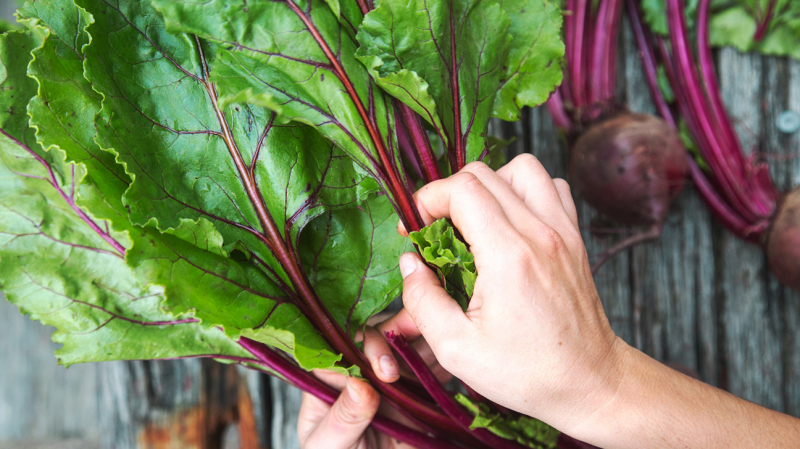
Get Plenty of Vitamin D and Vitamin K -
Never try to cut your calorie intake too much. It can impair the health of your bones in addition to slowing down your metabolism, causing rebound hunger, causing muscle mass loss, and slowing down your digestion.
According to studies, those who are normal weight, overweight, or obese and who follow diets with less than 1,000 calories per day may have lower bone density. In one study, obese women who consumed 925 calories per day for four months lost a considerable amount of bone density in the hip and upper thigh region, whether or not they engaged in resistance training. A well-balanced diet with at least 1,200 calories per day is necessary to both develop and maintain strong bones. It should have a lot of protein as well as nutrients high in vitamins and minerals that support bone health.
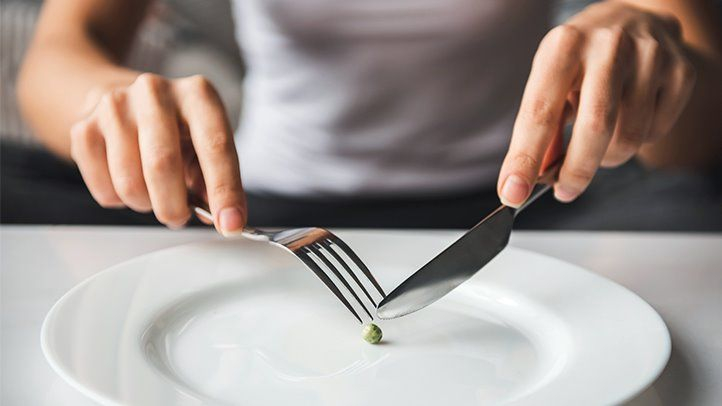
Avoid Very Low-Calorie Diets 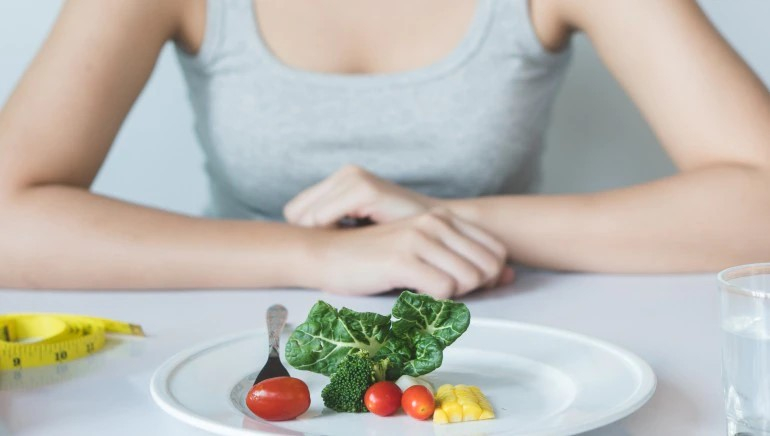
Avoid Very Low-Calorie Diets -
Early study reveals that collagen supplements may help protect bone health, despite the lack of available data on the subject. The main protein in bones is collagen. Glycine, proline, and lysine, three amino acids that support the development of bone, muscle, ligaments, and other tissues, are present in it.
Gelatin, also referred to as collagen hydrolysate, is made from the bones of animals. It has been used for many years to treat joint discomfort. Collagen appears to have positive benefits on bone health as well, even though the majority of studies have focused on its impact on joint conditions like arthritis. A 24-week study discovered that giving collagen and the hormone calcitonin together to postmenopausal women with osteoporosis significantly reduced the signs of collagen breakdown.

Consider Taking a Collagen Supplement 
Consider Taking a Collagen Supplement -
Keeping a healthy weight in addition to consuming balanced food can help bone health. For instance, osteopenia and osteoporosis risk are increased by underweight condition.
This is particularly true for postmenopausal women who no longer experience estrogen's bone-protective benefits. In fact, lower bone density and bone loss in this age group are mainly caused by low body weight. On the other hand, other studies indicate that obesity may reduce bone density and raise the risk of fractures because of the stress that comes with being overweight. Overall, it seems that losing and gaining weight frequently, as well as dropping a significant amount of weight quickly, are particularly bad for bone health. In a recent study, it was found that bone loss during weight reduction was not reversed when weight was acquired. This finding raises the possibility that repeated cycles of losing and gaining weight could cause considerable bone loss over the course of a person's lifetime. Your best hope for preserving the health of your bones is to maintain a stable normal weight or a slightly higher weight than normal.
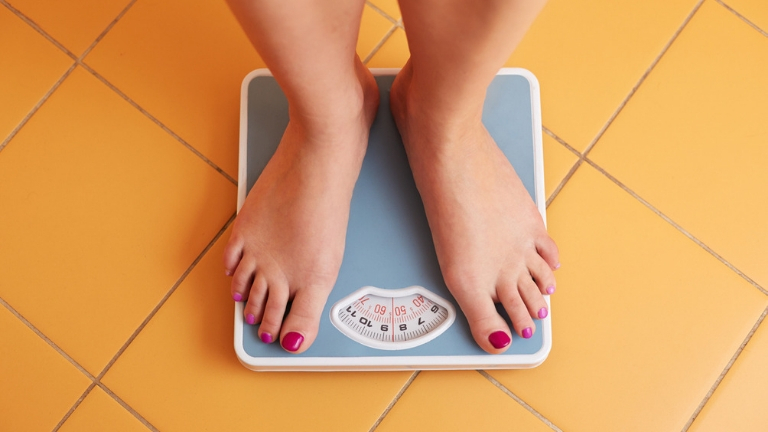
Maintain a Stable, Healthy Weight 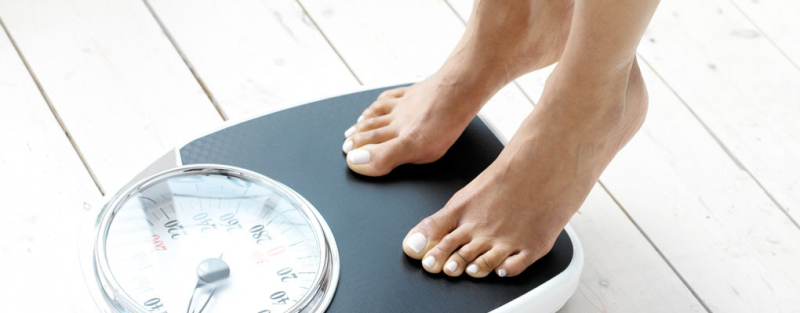
Maintain a Stable, Healthy Weight -
Minerals other than calcium are crucial for the health of the bones. Magnesium and zinc are among the other substances that contribute. Vitamin D is converted by magnesium into its active form, which helps the body absorb calcium.
In an observational study including more than 73,000 women, it was discovered that those who ingested 400 mg of magnesium daily tended to have 2-3% higher bone density than those who consumed half this amount daily. Only a few of foods are excellent sources of magnesium, even though it is present in most foods in modest amounts. It might be beneficial to take magnesium glycinate, citrate, or carbonate supplements. A trace mineral called zinc is required in very small amounts. It contributes to the mineral makeup of your bones. Zinc also prevents excessive bone loss and encourages the growth of bone-building cells. Studies have indicated that zinc supplements help maintain bone density in older adults and enhance bone growth in children. Beef, shrimp, spinach, flaxseeds, oysters, and pumpkin seeds are all excellent sources of zinc.
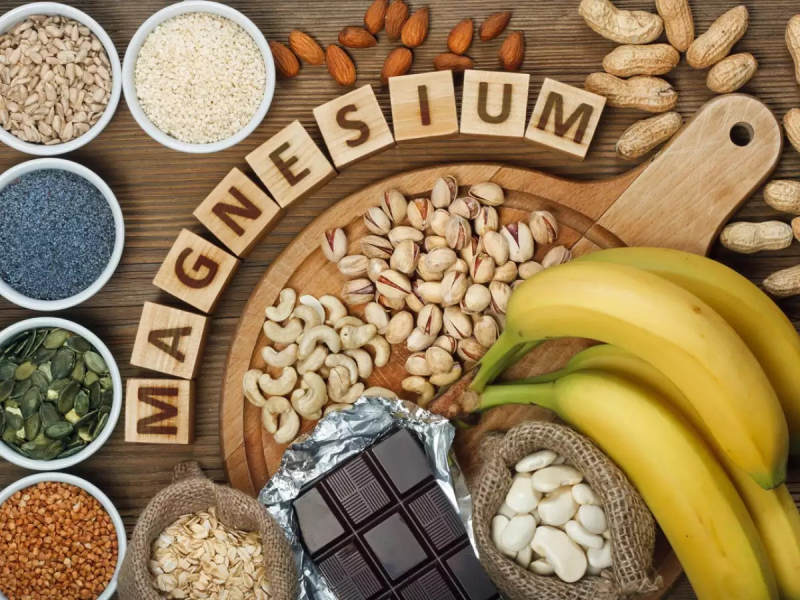
Include Foods High in Magnesium and Zinc 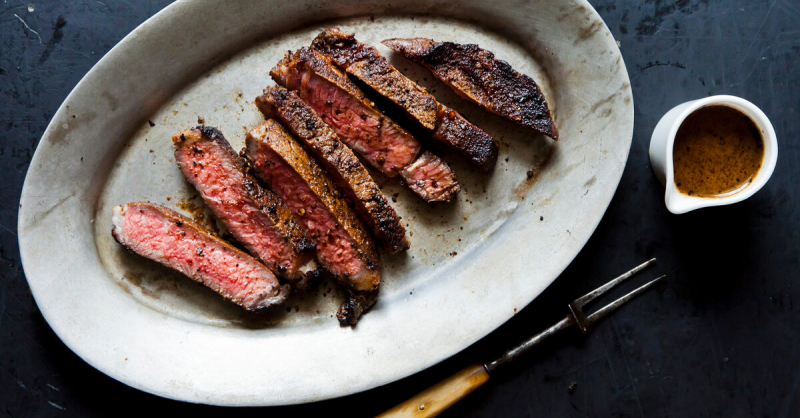
Include Foods High in Magnesium and Zinc -
It is well recognized that omega-3 fatty acids have anti-inflammatory properties. They have also been demonstrated to help in preventing bone deterioration as people age.
Along with eating enough omega-3 fats, it's critical to maintain a healthy ratio of omega-6 to omega-3 fats in your diet. In a major study involving over 1,500 adults between the ages of 45 and 90, people with lower bone density tended to consume more omega-6 fatty acids than omega-3 fatty acids. Ideally, you should aim for an omega-6 to omega-3 ratio of 4:1 or lower. Furthermore, even though the majority of studies have focused on the advantages of long-chain omega-3 fats found in fatty fish, a controlled study discovered that omega-3 plant sources helped reduce bone breakdown and improve bone production. Chia seeds, flaxseeds, and walnuts are plant foods that are rich in omega-3 fats.
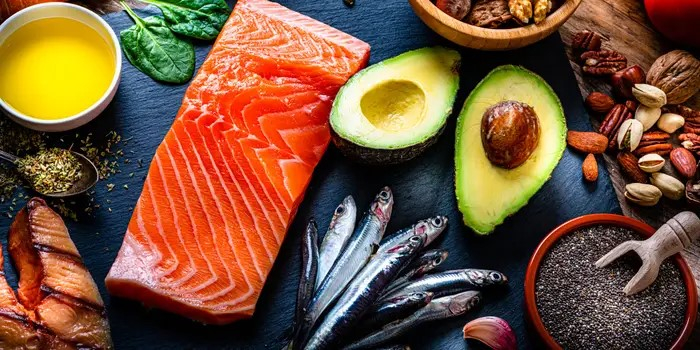
Consume Foods High in Omega-3 Fats 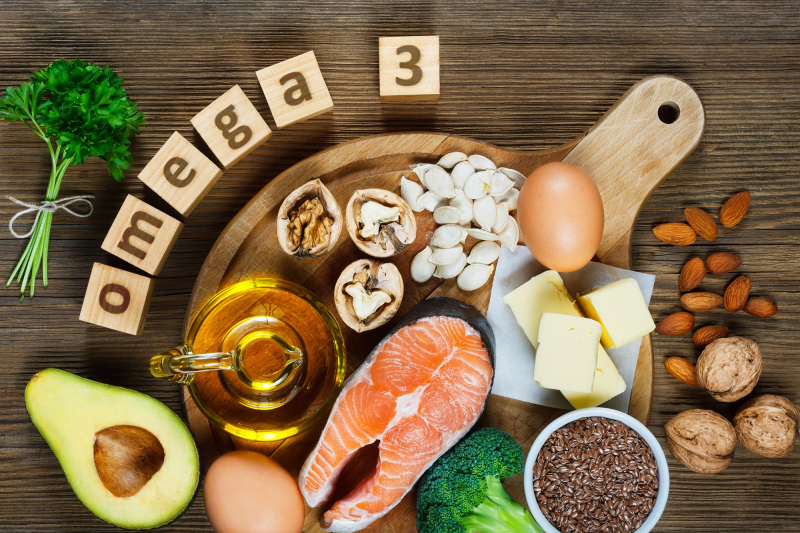
Consume Foods High in Omega-3 Fats














